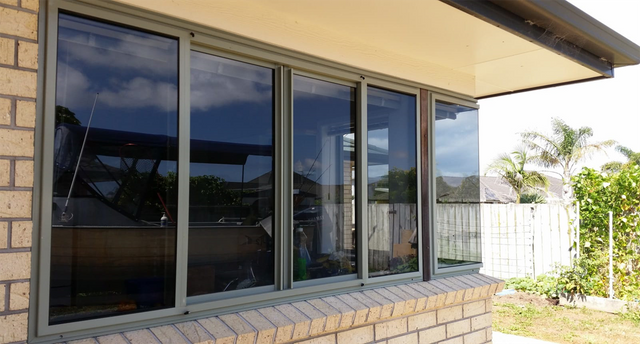Common Challenges Faced by Aluminum Carpentry Companies
Because of the durability, versatility, and aesthetic appeal of aluminum in construction and design, aluminum carpentry has become more and more popular. However, companies specializing in aluminum carpentry face several challenges in meeting the demands of modern architecture and customer preferences. In this article, we will take a look at some of the common challenges faced by aluminum carpentry companies.

Rising Material Costs
One primary challenge for aluminum carpentry companies is the fluctuation in aluminum prices. Because aluminum is a material that is traded internationally, supply chain interruptions, geopolitical tensions, and global demand all have an impact on its price. These price shifts can directly impact profit margins, making it difficult for companies to offer competitive pricing while maintaining quality. In regions like Valencia, where the construction industry is competitive, carpinterÍa aluminio Valencia (aluminum carpentry Valencia) company must balance offering affordable rates without compromising the quality of their products.
Technical Skills and Training
Aluminum carpentry requires a high level of technical skill. Employees must be trained in the specifics of aluminum fabrication, installation, and maintenance. However, finding skilled laborers who have both experience and expertise in aluminum carpentry can be a challenge. Also, training existing employees to stay up-to-date with new techniques, equipment, and software can be costly and time-consuming. Companies must invest in workforce development to stay competitive, ensuring that their team has the necessary skills to meet industry standards and customer expectations.
Adapting to Technological Advancements
The carpentry and construction industries are undergoing fast change due to technology. From 3D design software to precision cutting tools, aluminum carpentry companies must adapt to new technologies to improve efficiency and product quality. However, implementing these technologies requires a significant investment in equipment, training, and software, which can be a hurdle for smaller companies or those working on tight budgets. In order to remain competitive, aluminum carpentry companies must accept innovation, but doing so in a cost-effective manner can be a complex task.
Meeting Environmental Regulations
Sustainability is becoming more important in the construction industry, and aluminum carpentry companies are not exempt from environmental regulations. These businesses must comply with local and international standards for recycling aluminum, reducing waste, and minimizing energy consumption during the production process. While aluminum is a recyclable material, processing, and manufacturing can still have environmental impacts. Companies need to implement eco-friendly practices, which may involve additional costs and operational changes, to meet both regulatory and customer expectations.
Conclusion
Aluminum carpentry companies face a wide range of challenges that require adaptability, innovation, and continuous improvement. From the above, you can get a detailed knowledge about some of the common challenges faced by aluminum carpentry companies.